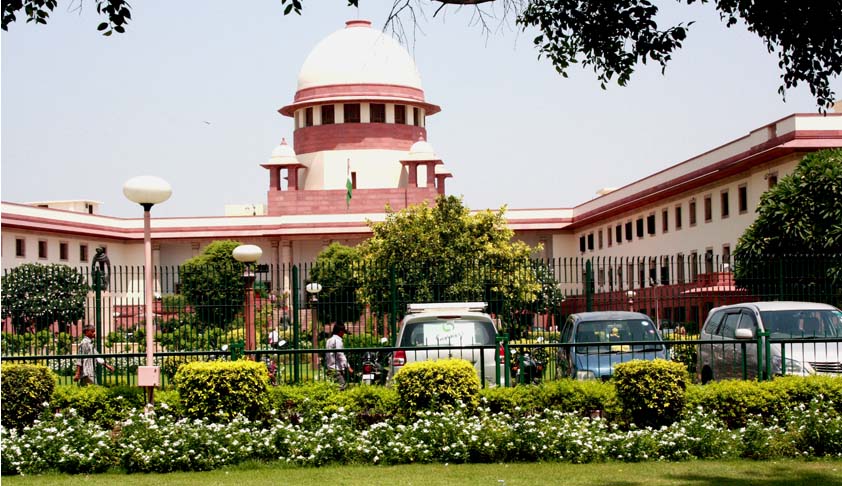Can The Incentive To Doctors To Work in Rural Areas Be Limited By The State, SC Set To Examine
LiveLaw Research Team
23 May 2017 9:58 PM IST

Next Story
23 May 2017 9:58 PM IST
The Vacation Bench of the Supreme Court of Justices L.Nageswara Rao and Navin Sinha, today heard arguments and reserved its judgment, on whether the State can limit the standards for eligibility for incentive marks for doctors for service in remote/difficult areas, as fixed by the Medical Council of India, in the NEET examination, for admission to post graduate degree courses.As per...
